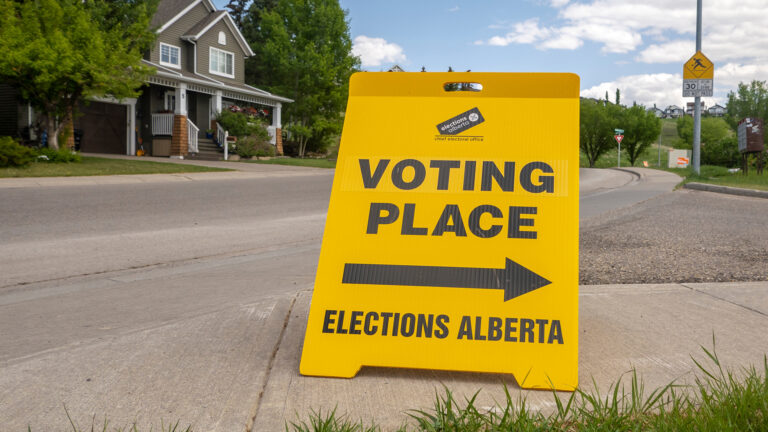Confederation of Tomorrow
The Confederation of Tomorrow is a landmark annual survey of public opinion that explores the attitudes of Canadians towards the practice of federalism and their federal community. This snapshot is a unique resource for scholars and journalists interested in public opinion and federalism.
The 2023 study consists of a survey of 5,300 adults, conducted online in the provinces between January 26 and February 9; and by telephone in the territories between January 24 and February 26.
This page will be updated as reports are published. You can find 2023 Confederation of Tomorrow results below:
Report 1 – Spotlight on Alberta
Report 2 – Support for equalization: 2023 update
Report 3 – Confidence in Leaders
For those interested in using the data in their own research, data is available upon request, please contact us at centre@irpp.org.
The Confederation of Tomorrow surveys are conducted by an association of the country’s leading public policy and socio-economic research organizations: the Environics Institute for Survey Research, the Centre of Excellence on the Canadian Federation, the Canada West Foundation, the Centre D’Analyse Politique – Constitution et Fédéralisme, the Brian Mulroney Institute of Government and the First Nations Financial Management Board.







